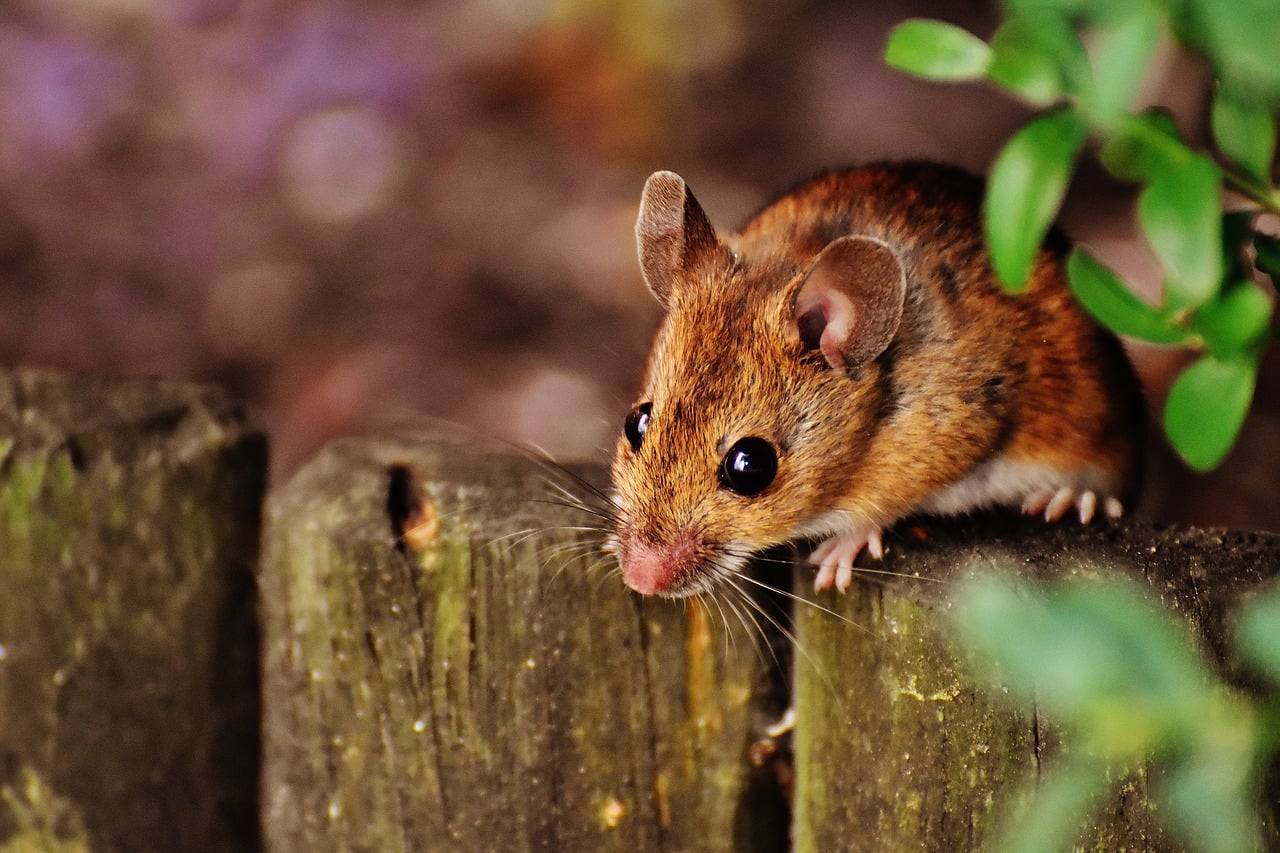Scientists in China used new gene editing technology which allowed them to breed a mouse from same-sex parents. This method, although slightly bizarre, will help scientists better understand how mammalian reproduction works. Nevertheless, the ethical and safety questions can’t go unnoticed when it comes to this kind of scientific approach.
Scientists managed to produce 29 bimaternal mice from 210 embryos in their study. All the mice which were bred from two females were healthy, grew normally into adulthood and had their own babies. Nevertheless, they noticed some “defective features,” said researchers at the Chinese Academy of Sciences. They published the results of their study in the journal Cell Stem Cell.
Some mice didn’t survive the experiment. Mice produced from two male mice only managed to live a couple of days after being born. Still, the scientists hope to improve their technique so the mice will live longer and grow to adulthood.
“This research shows us what’s possible,” study co-author Wei Li said in a statement. “We saw that the defects in bimaternal mice can be eliminated and that bipaternal reproduction barriers in mammals can also be crossed through imprinting modification. We also revealed some of the most important imprinted regions that hinder the development of mice with same-sex parents, which are also interesting for studying genomic imprinting and animal cloning.”
The scientists who contributed to the new study said they were particularly interested in answering questions about how some reptiles, fish and amphibians are able to reproduce from same-sex parents, but other animal species cannot.
“We were interested in the question of why mammals can only undergo sexual reproduction,” co-senior author Qi Zhou said in a statement. “We have made several findings in the past by combining reproduction and regeneration, so we tried to find out whether more normal mice with two female parents, or even mice with two male parents, could be produced using haploid embryonic stem cells with gene deletions.”
A lot of ethical questions
Scientists removed the genes using CRISPR Cas9, a technology that, according to experts, has the potential to save a lot of lives and billions of dollars. Nevertheless, the technology has raised serious ethical questions about the future of genetic research.
The technology could support the theory of “designer babies” in which parents would be able to choose genetic traits, but experts warned that if we edit individual human genes, it would negatively impact the gene pool in future generations and bring some unwanted consequences. According to CNN, scientists say that even though the study shows much potential, the technology is not ready to be applied practically.
“The tremendous amount of genetic modification needed in order to do what they (Chinese researchers) did, makes it implausible to use it in anything other than research,” epigenetics expert Dr. Tim Hore of the University of Otago told CNN.





